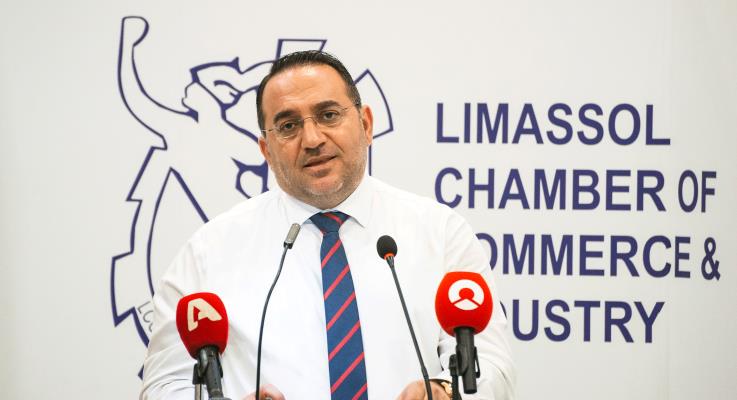Deputy Tourism Minister Costas Koumis on Sunday said he is “moderately optimistic” over the future of tourism in Cyprus, despite the uncertainty for the lobal economy created by the announcement of sweeping tariffs by United States President Donald Trump earlier in the week.
“In essence, a global trade dispute has just begun, which makes the future of the global economy uncertain. It is still relatively early to make predictions, and caution is required,” he began.
He added that the tariffs are “expected to lead to a slowdown in growth in several countries” and that the resultant rises in inflation will negatively impact people’s purchasing power, “and therefore potential visitors”.
Additionally, he said, the prevailing economic circumstances may lead to a rise in air ticket prices. He added that this is “something which will certainly affect tourism, both in the short and medium term”.
“However, as a tourist destination we have already received a large wave of pre-bookings for 2025, and one could say that we are entitled to feel moderately optimistic,” he said, adding that travel to Cyprus has “ceased to be a luxury” for many European would-be tourists.
“It is a necessary product for millions of people, so it has ceased to be considered a product of elastic demand,” he added.
On this matter, he was keen to stress that Cyprus’ tourism sector is now “resilient”.
“This is something we also proved last year, when we had to face several challenges … We have invested heavily in recent years in strengthening our relations with the giants of the global tourism industry,” he said.
Additionally, he said, Cyprus has invested in offering its tourism product to “countries which demonstrate a strong path of development”, including Poland, as well as growing the number of places to which the island is directly connected by air.
He added that the number of visitors to the island increased by 15 per cent in the first two months of the year compared to the same period in 2024.
“March has also ended, and we await the official results from the statistical service. However, I know the traffic very well. March also ended with an increase and these are figures which fill us with optimism,” he said.
He did temper that optimism again with a reminder that the global economic uncertainty caused by Trump’s tariffs has “just begun to take shape”.
“We must be careful and calmly monitor everything which takes place in international economic, commercial, and touristic developments,” he said.
The economic uncertainty of which he was speaking stretched to one of the worst weeks for trading in recent memory, with all three major stock indexes in the United States falling more than five per cent and the Standard & Poor’s 500 dropping six per cent on Friday alone, in the wake of the staggering tariff hikes announced on Thursday.
The S&P 500 lost $5 trillion on Thursday and Friday, outstripping its two-day loss of $3.3 trillion from March 2020 when the advent of the Covid-19 pandemic played havoc with global markets.
The BBC said the stock market was in “turmoil” which “deepened on Friday”, while British newspaper The Guardian described the week as “brutal”.






Click here to change your cookie preferences